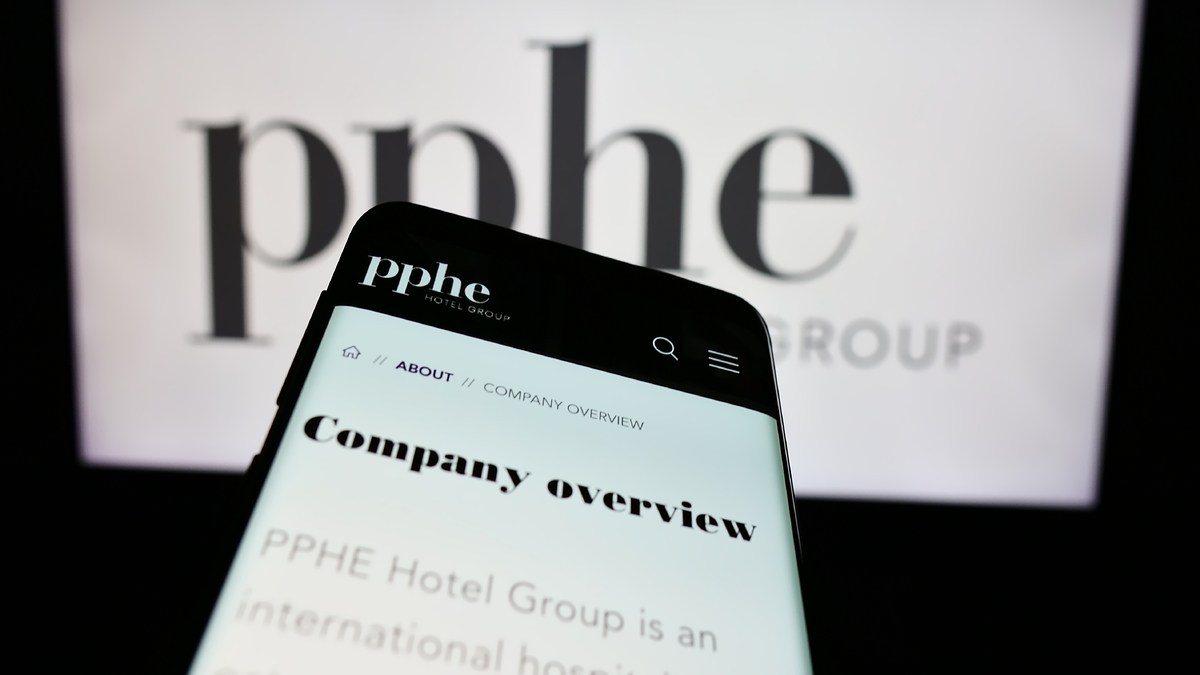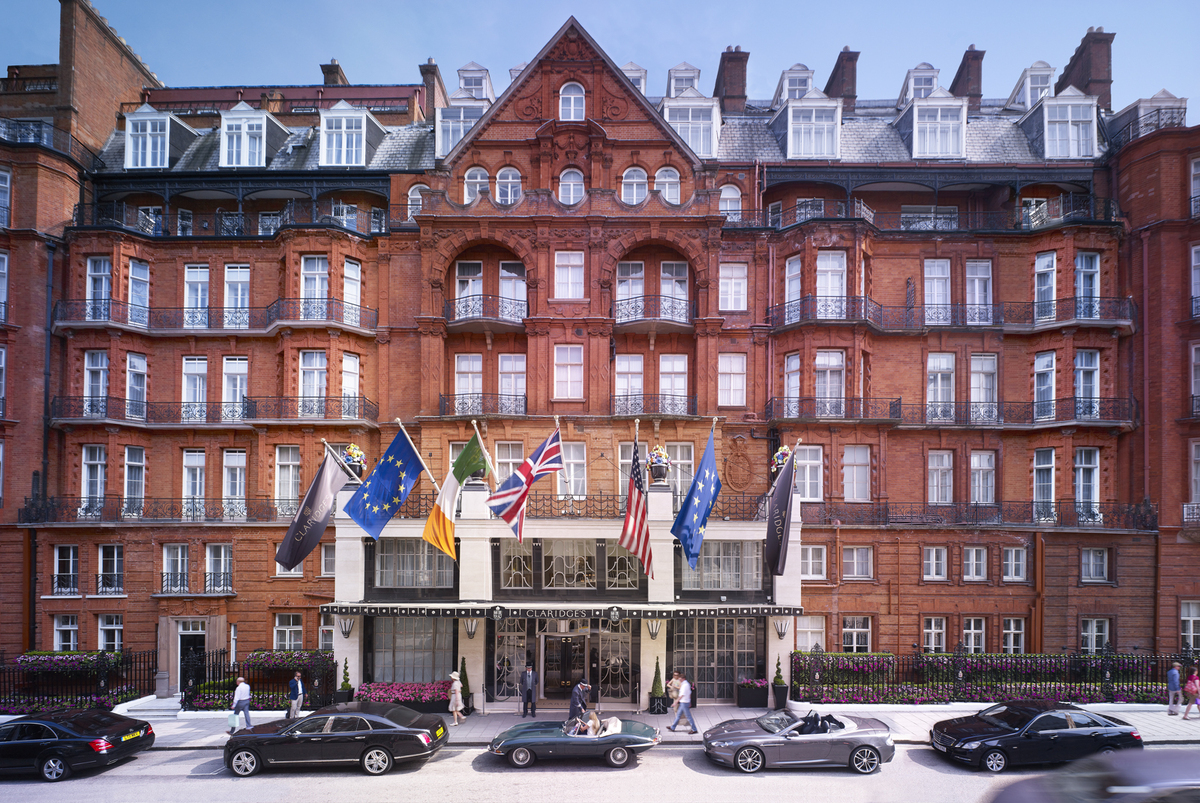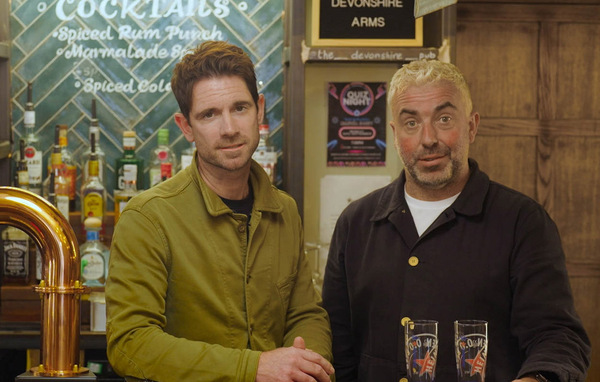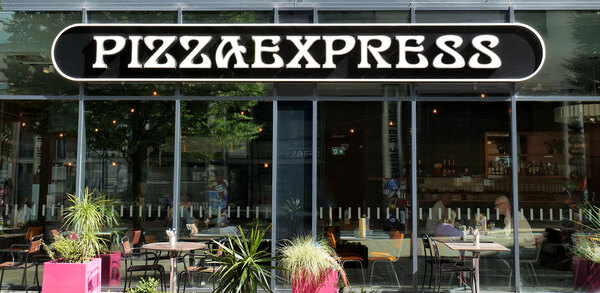Viewpoint: Have flexible hotel prices had their day?
The hotel sector was forced to make cancellation policies more attractive during the pandemic and guests have developed a taste for flexibility, but James Bland asks whether it’s time to offer a guest price guarantee
After seeing a statistic from Avvio that showed cancellation rates had been rising steadily since 2016 and were expected to hit 20% in 2022, we added some questions to a hotel guest survey conducted by BVA BDRC to explore attitudes to flexible rates.
In the UK, US and most Western European markets, respondents were broadly evenly split between choosing the cheapest rate and the one that was more flexible.
Hotels have long used differential pricing as the weapon of choice and the anchoring of the headline price to the non-cancellable rate is assigning a ‘cost’ to flexibility that, in effect, means those who choose the more expensive, cancellable rate are basically buying travel insurance. Don’t go saying this too loudly: the last thing hotels would want is to start being regulated for offering financial advice.
Another area they have been dancing around is using behavioural science and appealing to ego. If, when a guest is booking, they use a mandatory real name and tick a box with a “Yes, I want to make a reservation for xyz on the xyz”, this gives the booker the sense that a table has been reserved especially for them, which has been shown in studies to increase the attendance rate.
But a bar, once raised, is very difficult to lower and guests became accustomed to flexibility during the pandemic. In a world where everyone from airlines to trains and hotels think they need to use demand-based algorithms to jack up prices, you can’t expect consumers to feel an ounce of remorse for cancelling last minute if they have the option, because from their perspective your pricing systems are not “fair” in the sense that they pay a consistent price for the same service.
What the average consumer either doesn’t understand or, frankly, doesn’t give a flying fig about is the impact on business of the uncertainty that a volatile order book brings. By and large, they want to have their cake and eat it (or not) and offering flexibility now feels like a table-stake.
Guests are increasingly savvy. Beyond their preferences and claimed booking behaviour, a quarter of UK travellers told us that, at least one time in the past, they had booked a hotel room only to then cancel it and rebook it at a cheaper rate.
Among under-40s in the UK, that rose to 30% and was higher still among that cohort in the US and China. As well as being a damning indictment on the revenue management function at whichever particular hotels they’d chosen, it revealed a mindset that was open (or, at least, not closed) to this sort of behaviour and, upon further inspection, the barriers to more widespread adoption of it were behavioural, rather than attitudinal, meaning they could more easily be changed.
Among those who had never done so, our research showed that in the UK or the US, as few as one in 10 consumers thought it was fundamentally unfair – the other reasons were either that it simply had never occurred to them, or concerns around convenience, time, effort, hassle and fear of error potentially leaving one without a chair when the music stops.
To me, all of those reasons are ones that could be eliminated by half-decent software and I still see a potential first-mover advantage to whichever organisation, be it provider or intermediary, can adapt itself to be able to provide a best-rate guarantee that operates in both time and space, ensuring you’ll never find a room you’d previously booked available more cheaply nearer the time. And with peace of mind comes the loyalty of the true friend.
James Bland is director of consultancy BVA BDRC

















